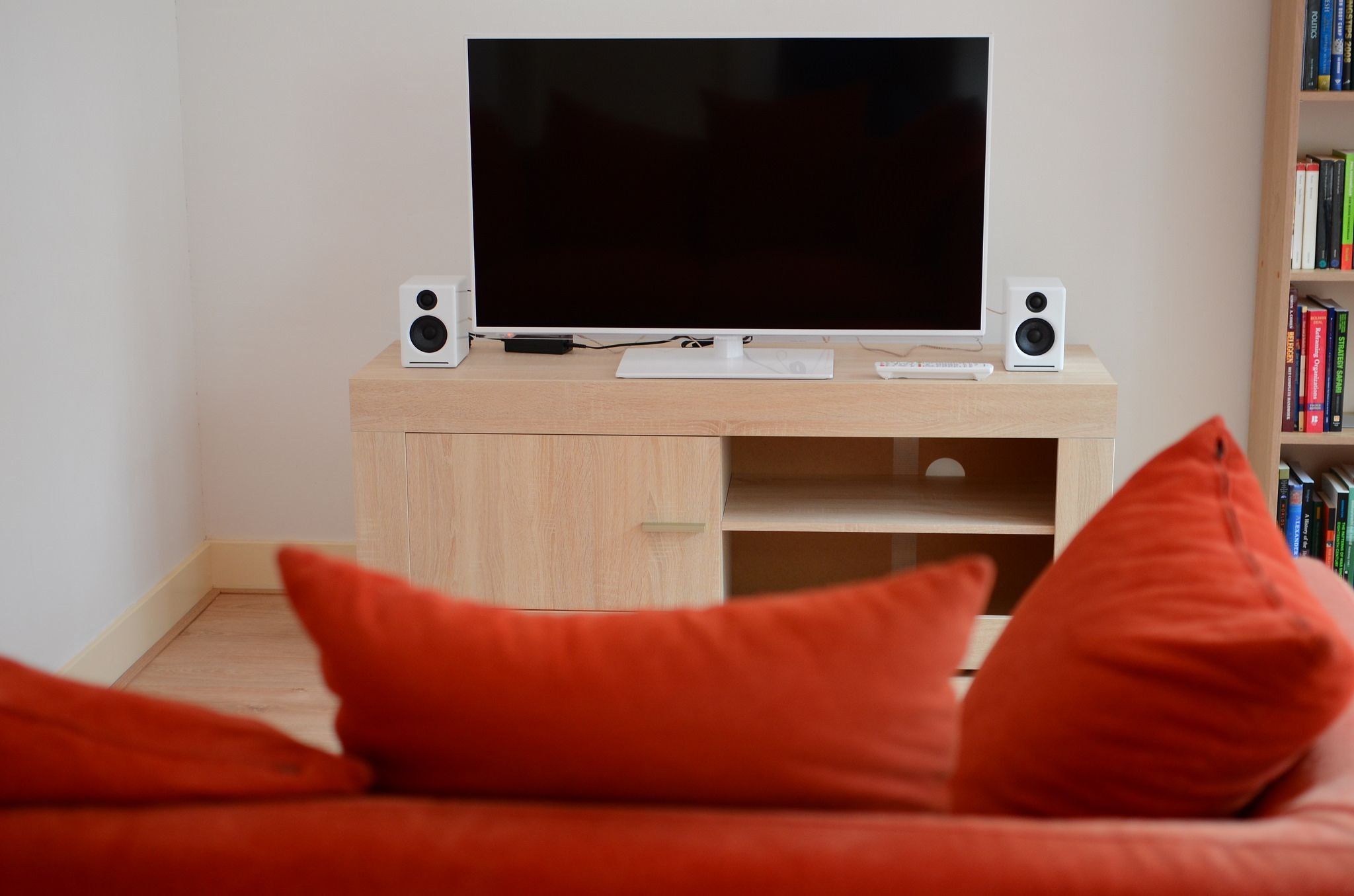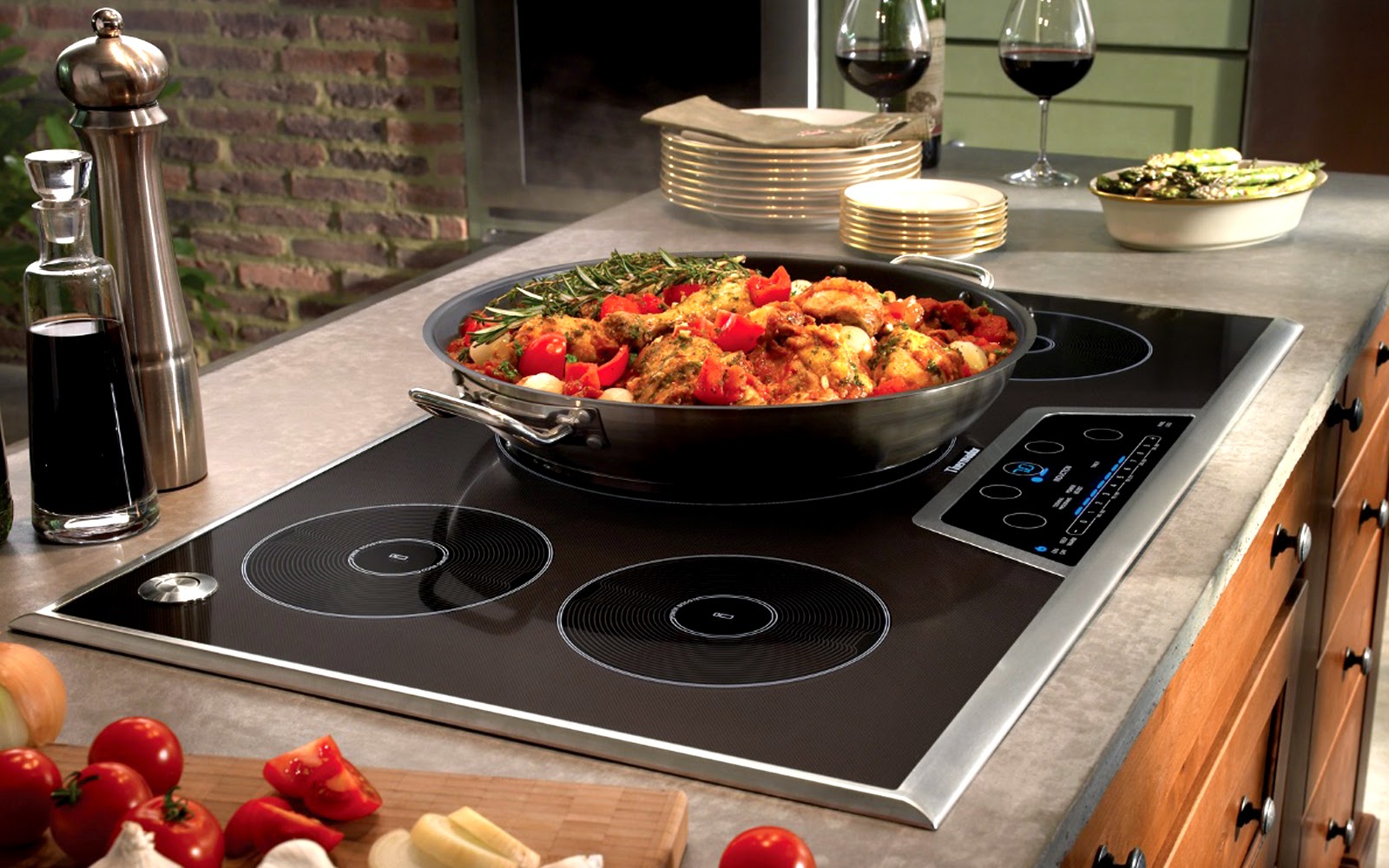Review of smartphones Asus Zenfone 7 ZS670KS and Asus Zenfone 7 Pro ZS671KS
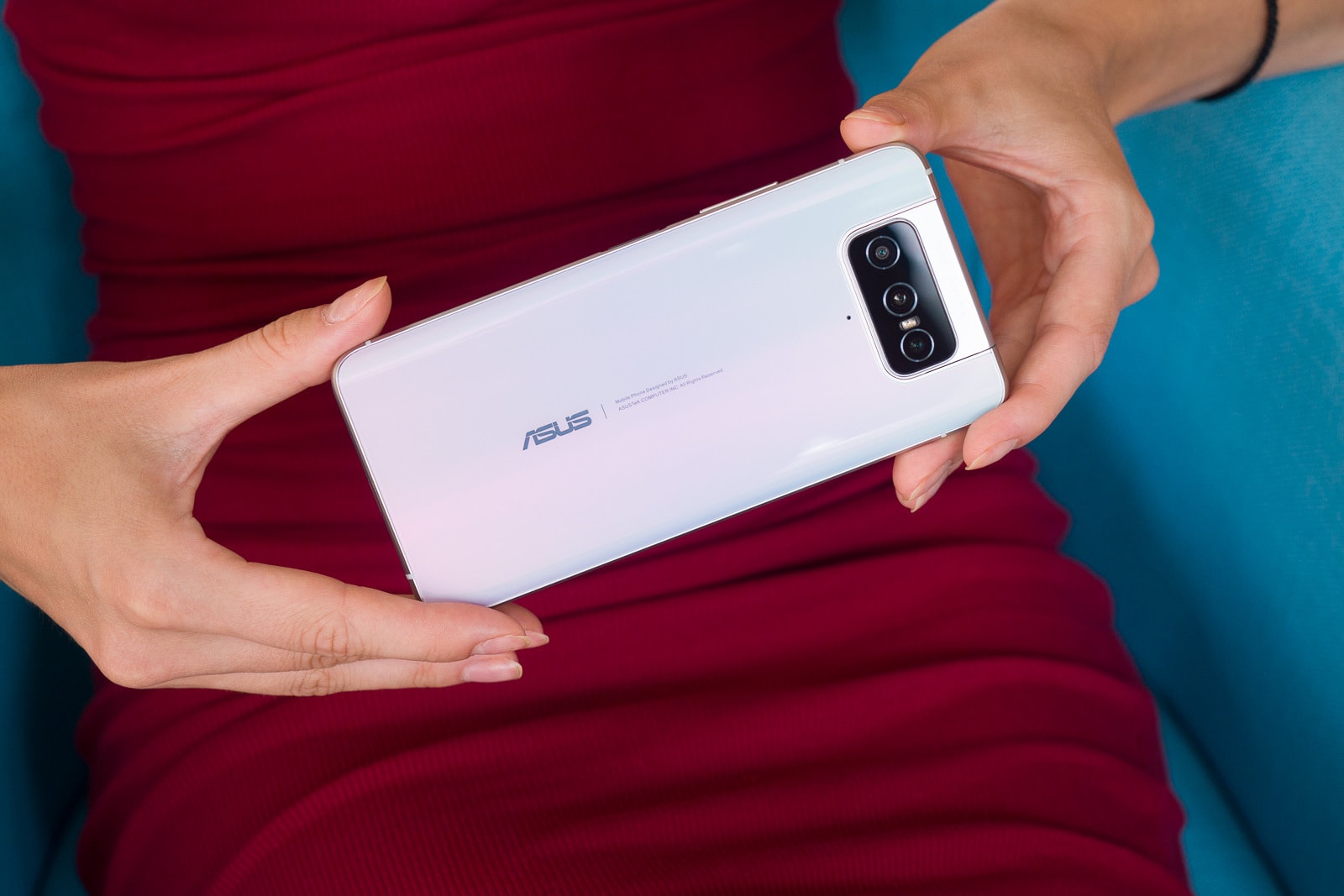
The presentation of the new flagships from Asus took place on August 26 in Taiwan. The new Asus Zenfone 7 ZS670KS and 7 Pro ZS671KS received an updated chipset with 5G support, a Super AMOLED display with an increased refresh rate, three cameras and fast charging. Despite the rather high cost (about $ 800), many users prophesy the glory of the "flagship killer" for the new smartphones from Asus.
Content [Hide]
Overview of key features
| Model | 7ZS670KS | 7 Pro ZS671KS | |||
|---|---|---|---|---|---|
| Technology support | HSPA, LTE-A, 5G,GSM | ||||
| Dimensions | 165.1 x 77.3, 9.6mm thick, 230g weight | ||||
| materials | body - Gorilla Glass (display and back cover - 6 and 3 generations, respectively), aluminum frame around the perimeter | ||||
| Display characteristics | Super AMOLED, 6.67-inch touchscreen, 16 million colors, 700 nits advertised brightness, HDR10+, 90Hz refresh rate | ||||
| SIM | support for 2 cards (Nano-SIM), a separate slot for microSDXC | ||||
| Memory | RAM 6 GB / 8 GB, built-in memory - 8 GB | RAM 8 GB, built-in - 256 GB | |||
| OS | Android 10, ZenUI 7C, Qualcomm SM8250 Snapdragon 865+ (7nm+) chipset, Adreno 650 graphics | ||||
| Sound | stereo speakers, no headphone jack | ||||
| Camera Specifications | flip-up module, 3 sensors x 64 (wide), 12 (ultra-wide), 8 (telephoto, 3x optical zoom) megapixels, motorized rotation, HDR support, PDAF autofocus, LED flash; video - 8K, 4K, 1080p , 720p, gyro-EIS, HDR | ||||
| Battery | lithium polymer, 5000 mAh, fast charging 30 W, USB Power Delivery 3.0, reverse charging | ||||
| Housing color scheme | Aurora Black, pearl white | ||||
| Additional functions | accelerometer, gyroscope, compass | ||||
| Safety | up to 5 fingerprint recognition (unlock takes 0.3 seconds), built-in smart key, face recognition support | ||||
| Communications | Bluetooth, GPS (dual-band), GLONASS, GALILEO, BDS, QZSS, NavIC, reversible Type-C 1.0 connector | ||||
| launch | official - August 26, there is information on Russian sites, but pre-order is not open (dates of receipt and price are not indicated) | ||||
| Price | about 800 dollars |
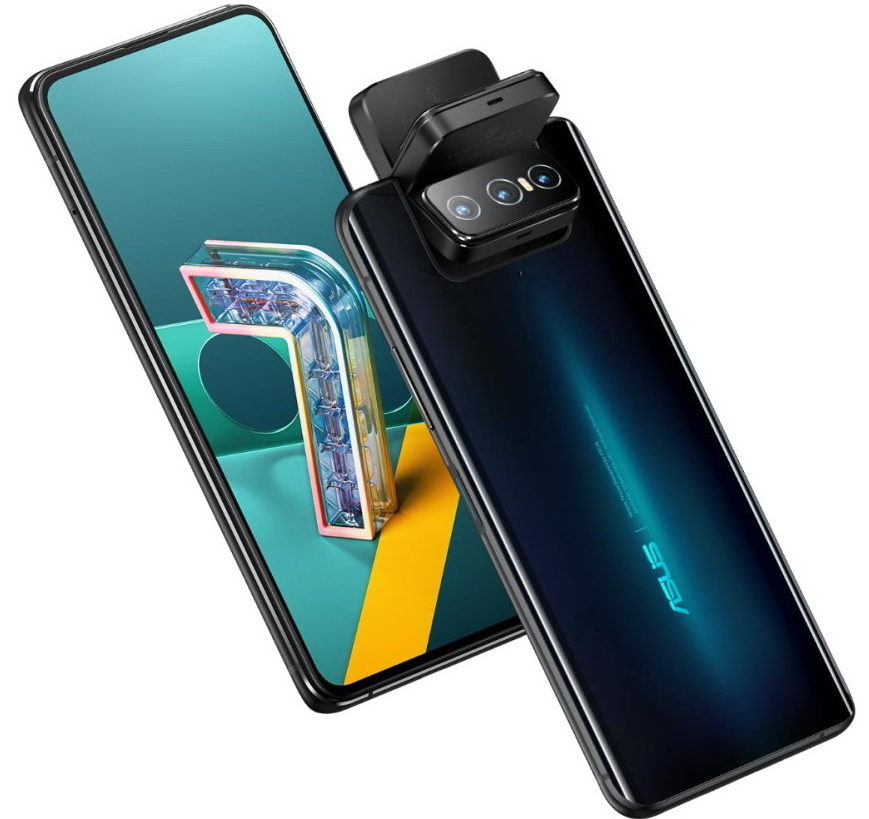
Design
To begin with, it is worth noting that the models are almost identical in design, and in terms of "stuffing", and in price. The only difference is that the Asus Zenfone 7 Pro ZS671KS comes with 8GB of RAM and 256GB of internal storage.
The design is simple yet attractive. The display is full-screen, with rounded corners, without a cutout for the camera and a narrow (of the same width) frame around the perimeter. The screen-to-body ratio of the smartphone is 92%, like the previous version.
The body material is Gorilla Glass, scratch resistant.The back panel is glossy and actively collects fingerprints. The aluminum frame around the perimeter (rather wide, given the thickness of the smartphone) is made of 6000 series alloy (the same used in the aircraft industry). The metal is quite plastic, resistant to heat, looks expensive.
The Flip Camera is built into the upper, central part of the body. If we compare the camera module with previous versions, we get:
- advanced case material (according to the manufacturer, it is a “liquid” metal), capable of withstanding a bending load of up to 35 kg;
- I-shaped stepper motor design for fast turning and fine adjustment of the camera;
- built-in fall detection sensor - the camera closes automatically;
- 18-layer FPC cable that will withstand up to 200 thousand turns.
The camera protrudes slightly above the lid, but since the module is located in the center of the case, the smartphone will not "rock" if you put it on a flat surface.
At the bottom there is a speaker, USB Type-C, a microphone and, oddly enough, an LED indicator. Trays for SIM cards and memory cards are located on the left side. On the right side face there is a volume and power button (it is also a fingerprint sensor and a “smart key”). In this case, the simplified design did not affect functionality in any way.
Now about the dimensions. The phone is heavy (weight 240 g) and rather thick. Controlling the gadget with one hand is not very convenient, but Asus software solutions can partially solve this problem.
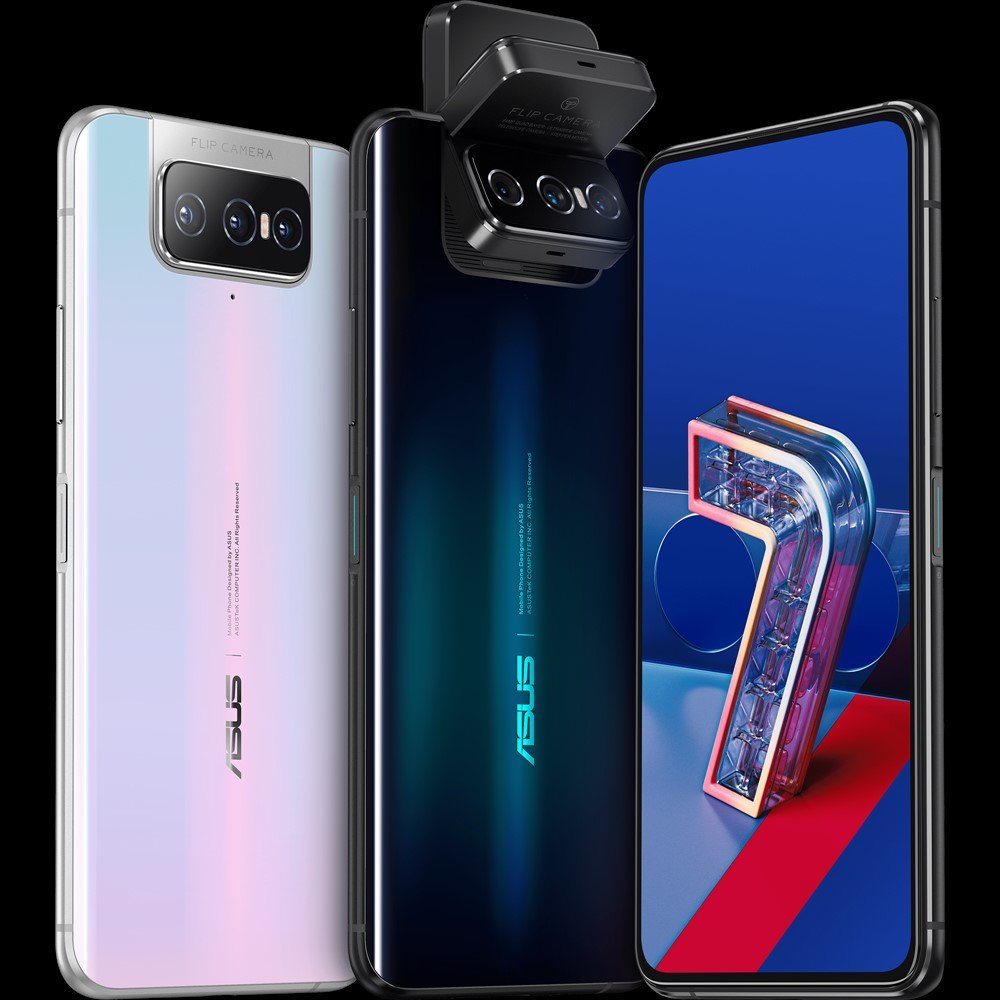
Display
Diagonal 6.67 inches, with a frequency of 90 Hz is made using AMOLED technology. High contrast ensures good picture quality for both photos and video files (especially HDR-enabled videos).
The maximum brightness is 700 nits, in fact (based on the test results) - up to 1000. So in the bright sun you can not only view the information on the display, but also read a book, for example.
As for color reproduction, it is as close to natural as possible. There may be slight transitions to blue or reddish hues (at the top of the display and in the corners) - but this is not critical. Another plus is the accurate transmission of black, without blurring and color change, even while viewing content at low brightness settings.
Full HD + resolution is inferior to flagship smartphones in the premium segment, the same OPPO, for example. A special Always on Display mode (periodically the clock image, the battery charge indicator moves across the screen) helps prevent pixel burn-in. The function is not that necessary - users noted that they did not have to face such a problem.
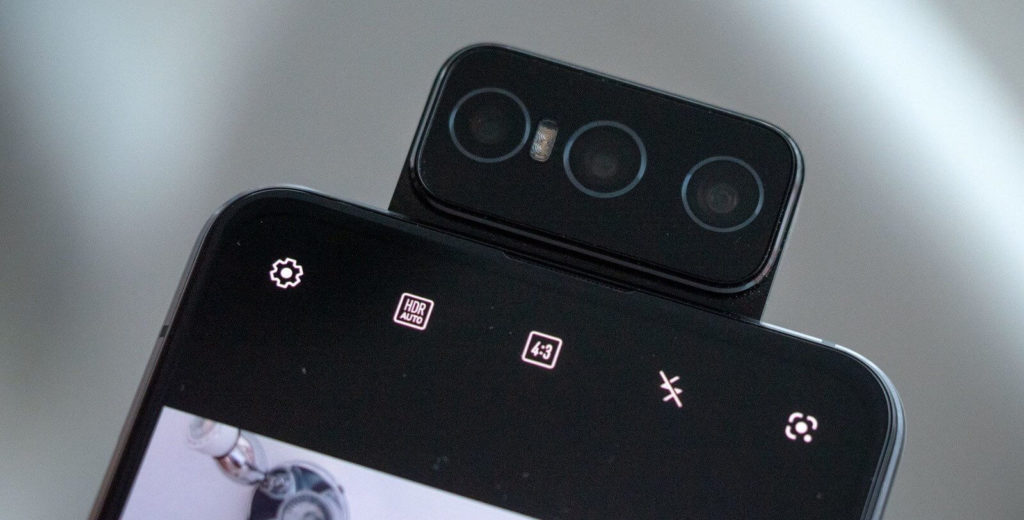
Camera
The main advantage of the flagship is that the rotary module performs the function of the main one (which, as a rule, produces photos in the best quality, regardless of model and manufacturer) and selfie camera.
In this regard, Asus offers unique characteristics for a front camera - this is a telephoto lens, the ability to shoot 8K video, switching between shooting with the main and front cameras. Plus the ability to control the angle of the camera and shoot smooth video with built-in stabilization (Pro model only).
The selfie camera is great. If you take pictures with good light, you get quite professional pictures. In low light, the quality of the photo deteriorates - a blurry background, a minimum of detail of the objects surrounding the background.
The video specs are also impressive.The picture is smooth without jerks, with good detail when shooting on the move. The 12x zoom feature allows you to zoom in closer without losing contrast or brightness.
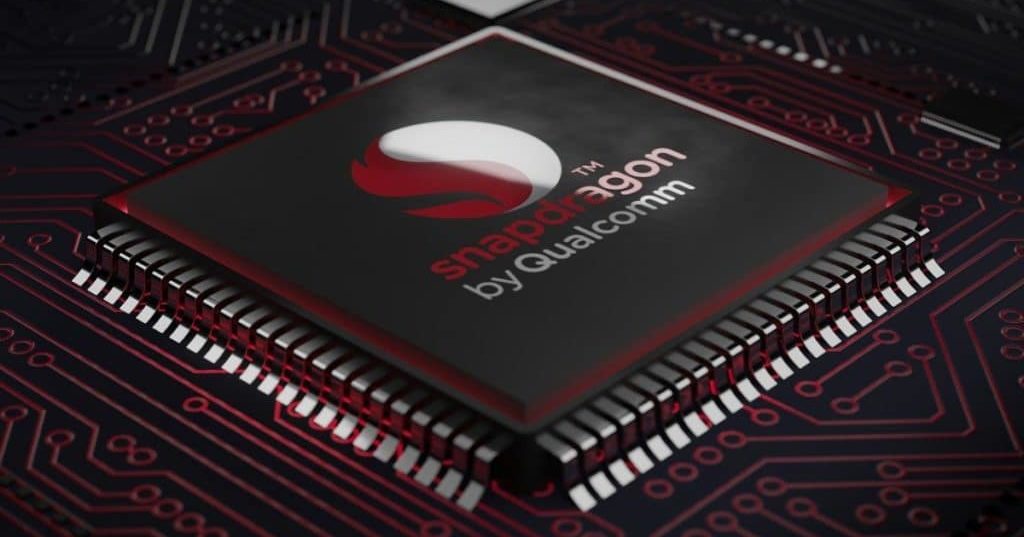
Performance and Software
Excellent, thanks to Snapdragon 865+ (7nm+) chipset. The delay in response to user commands is a couple of milliseconds. The transition between applications is fast, without freezes. When watching a video, the picture quality is also on top.
But gamers are likely to be disappointed. The gadget does an excellent job with "heavy" games at high settings, but noticeably heats up. The point is the lack of a good cooling system and ventilation holes. Although, if you play standard toys from the “pass the time” series, you may not feel any discomfort.
As for the software, the flagship runs on the Android OS (version 10), with a proprietary ZenUI 7 add-on. The latter offers users the following features:
- convenient application design;
- Smart Key - allows you to set the functions for the power button when double-clicking (launching applications, switching system settings, etc.);
- improved interface for one-handed operation;
- the ability to configure modes to save battery power (update frequency, brightness);
- Game Genie - displaying current information during the game (calls, messages), changing settings, deleting unnecessary files.
As well as the OptiFlex function to optimize memory usage, the ability to control gestures.
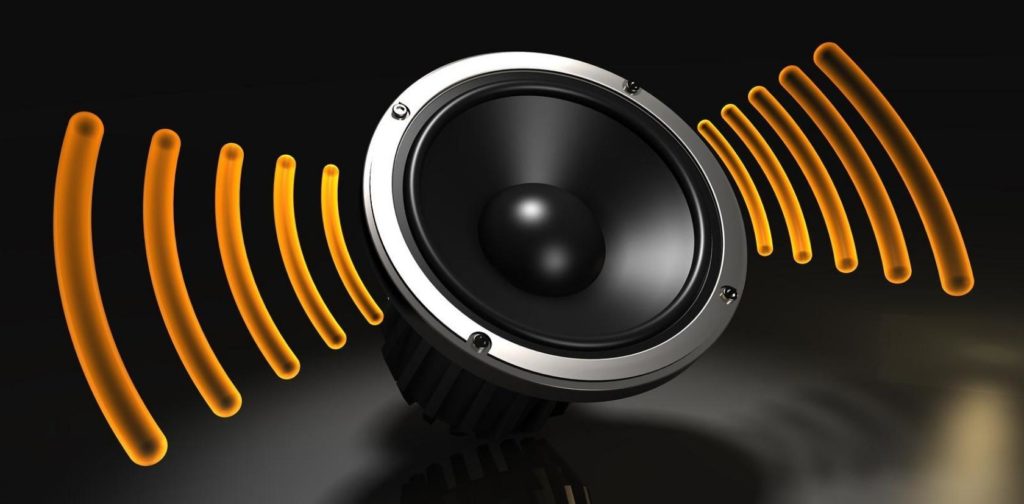
Sound
Let's start with the fact that there is no wired headphone jack. The second point is the mediocre sound quality, despite stereo support. Plus, the gadget can independently, regardless of the desire of the owner, adjust the volume (especially if you select the “outdoors” option in the sound settings).
In general, if you value high-quality sound, then ZenFone is not the best choice.
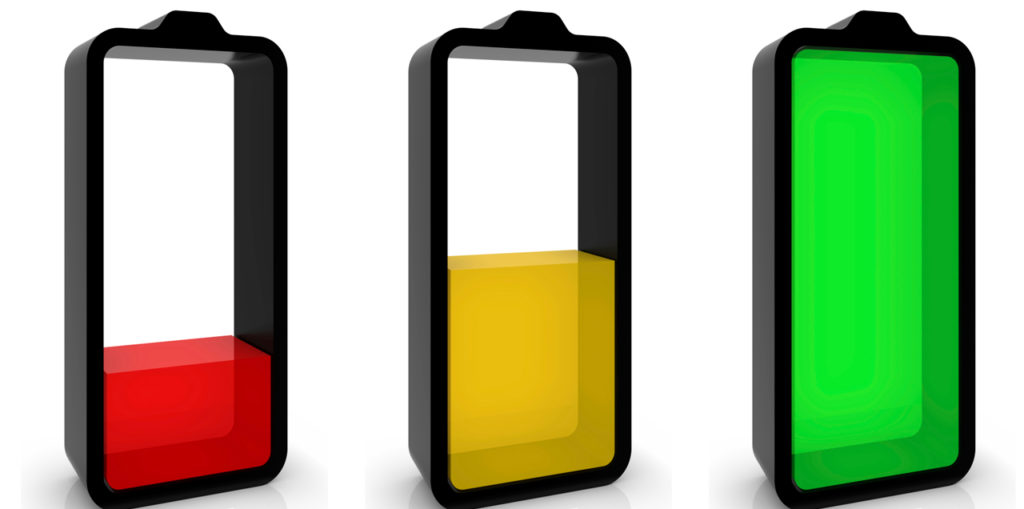
Work Offline
The high refresh rate and powerful processor are great energy drainers. On average, one charge is enough for 7-9 hours of active use in the mode of watching video content, listening to music or chatting in social networks. In the call mode - much more, up to 2 days.
In game mode, the smartphone will last 140 minutes (according to test results) when you start "heavy" games. You can get some battery life if you don't use the maximum brightness settings.
30W fast charger included. It will take a couple of hours to charge the battery up to 100%.
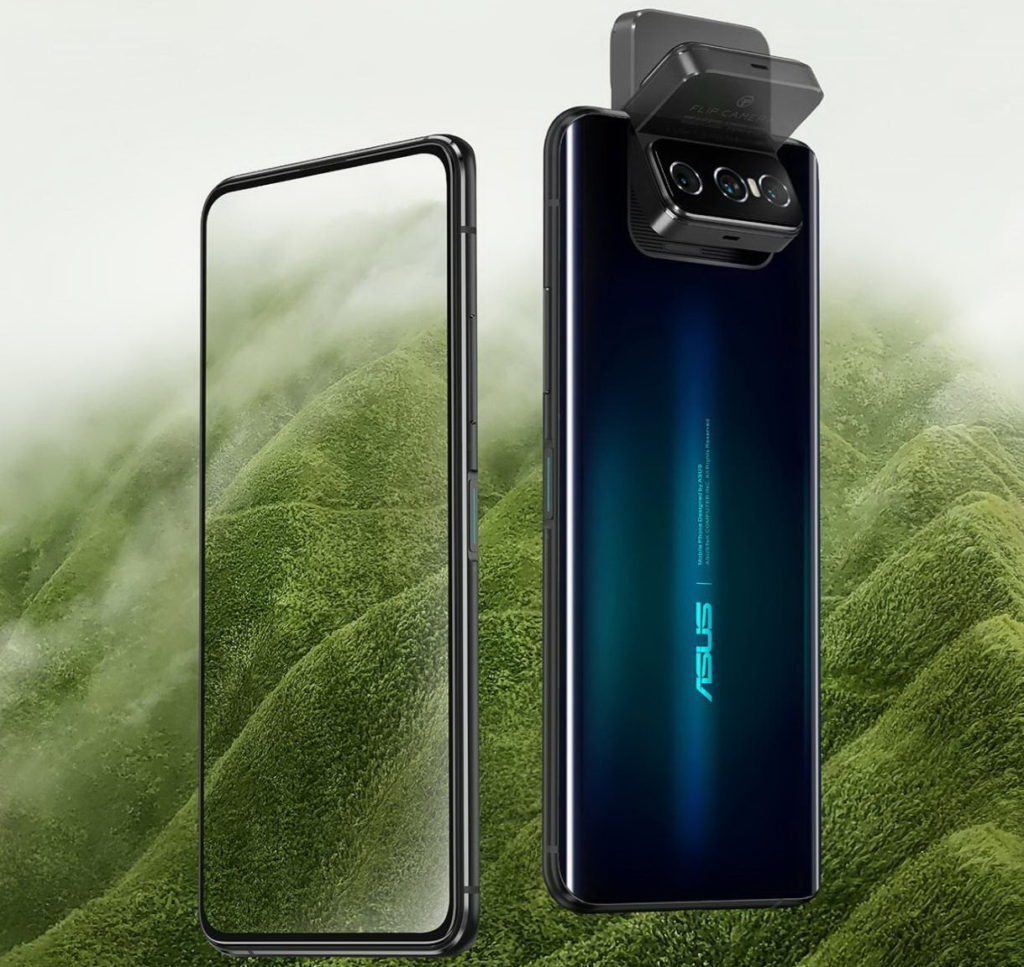
Where could I buy
The start of sales is announced on September 1, but so far in Taiwan and Europe. The price is 700 euros for the junior version, 800 for the Pro ZS671KS. On Russian Internet resources, there is information about the flagships from Asus with a description of the main characteristics, but without a price tag, with the status “expected”.
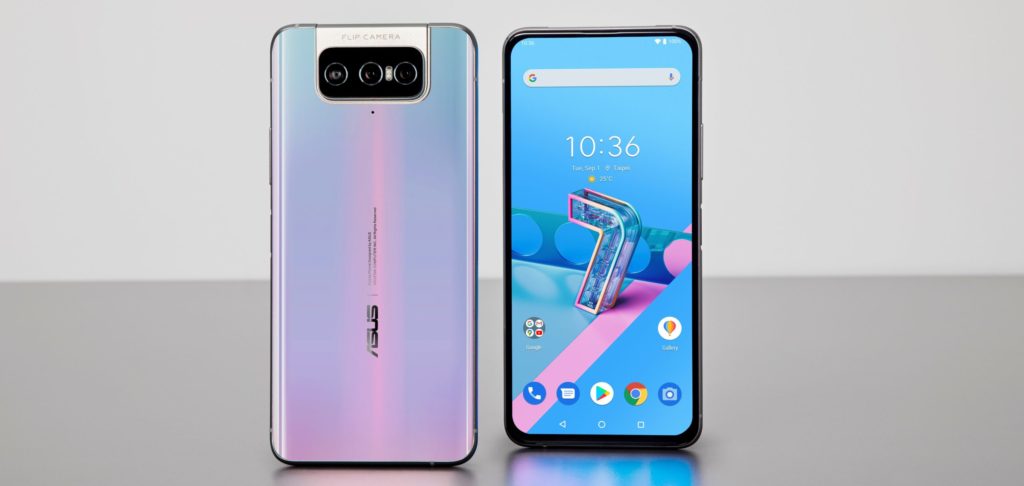
Advantages and disadvantages
To start with, the Asus Zenfone is the only device with a retractable flip camera. The second point is a full-screen display, without cutouts, “bangs” and a wide bottom frame. The manufacturer has improved the design for comfortable viewing of photos and videos. And if you add a powerful processor, a Full HD + AMOLED display and a capacious battery, you get a great gadget for work and entertainment.
- high technical characteristics of the camera;
- bright display;
- Beautiful design;
- functionality;
- user-friendly interface and easy management.
- heats up when used in game mode;
- sound;
- no headphone jack.
The disadvantages include decent weight and dimensions.But in general, if you don't quibble over details, both models are an excellent choice for those who appreciate high quality and non-standard solutions.
new entries
Categories
Useful
Popular Articles
-

Top ranking of the best and cheapest scooters up to 50cc in 2025
Views: 131650 -

Rating of the best soundproofing materials for an apartment in 2025
Views: 127689 -

Rating of cheap analogues of expensive medicines for flu and colds for 2025
Views: 124518 -

The best men's sneakers in 2025
Views: 124031 -

The Best Complex Vitamins in 2025
Views: 121938 -

Top ranking of the best smartwatches 2025 - price-quality ratio
Views: 114979 -

The best paint for gray hair - top rating 2025
Views: 113394 -

Ranking of the best wood paints for interior work in 2025
Views: 110318 -

Rating of the best spinning reels in 2025
Views: 105328 -

Ranking of the best sex dolls for men for 2025
Views: 104365 -

Ranking of the best action cameras from China in 2025
Views: 102215 -

The most effective calcium preparations for adults and children in 2025
Views: 102011


